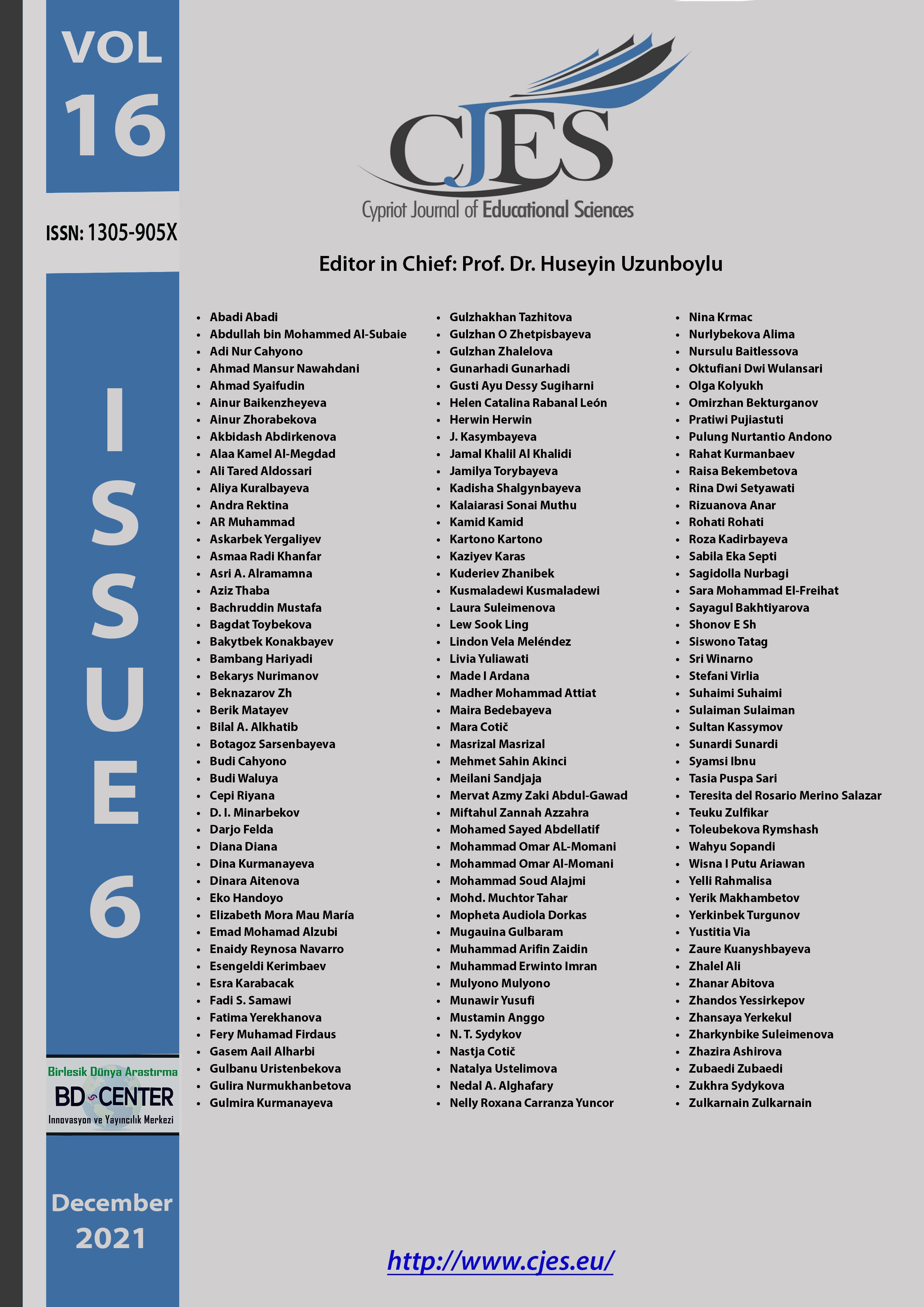A Study on the Learner’s Satisfaction of on-line PBL classes in Korean College
Main Article Content
Abstract
The quick move to non-face-to-face education caused by the sudden attack of the COVID-19 led to many problems such as faculty’s burden and stress from the planning and designing of suitable on-line classes, technology system problems for both students and faculty and students’ complaints of the low quality of education. Especially Project-based learning (PBL) has more challenges because it is learners-centred and is usually done in face-to-face environment. The primary purpose of this study is to investigate the factors affecting the learner’s satisfaction of non-face-to-face on-line PBL classes in terms of interaction and learner’s factors during the attack of COVID-19 pandemic. The data Was collected through questionnaires, from 175 undergraduate students at S women’s university who took the on-line PBL classes. SEM (Structural Equation Model) was used for empirical test using SmartPLS. The results of the empirical analysis reveal that interaction and media utilization self-efficacy are likely to predict learner’s satisfaction.
Keywords: COVID-19, On-line PBL class, Satisfaction, Interaction, IT self-efficacy, Motivation
Downloads
Article Details

This work is licensed under a Creative Commons Attribution 4.0 International License.
Cypriot Journal of Educational Sciences is an Open Access Journal. The copyright holder is the author/s. Licensee Birlesik Dunya Yenilik Arastirma ve Yayincilik Merkezi, North Nicosia, Cyprus. All articles can be downloaded free of charge. Articles published in the Journal are Open-Access articles distributed under a CC-BY license [Attribution 4.0 International (CC BY 4.0)].
Birlesik Dunya Yenilik Arastirma ve Yayincilik Merkezi (BD-Center)is a gold open-access publisher. At the point of publication, all articles from our portfolio of journals are immediately and permanently accessible online free of charge. BD-Center articles are published under the CC-BY license [Attribution 4.0 International (CC BY 4.0)], which permits unrestricted use, distribution, and reproduction in any medium, provided the original authors and the source are credited.

